Everything you wanted to know about the kilt, but were too shy to ask
Categories: Culture | History | Nations
By Pictolic https://pictolic.com/article/everything-you-wanted-to-know-about-the-kilt-but-were-too-shy-to-ask.htmlKilt - the traditional clothing of the Highlanders of Scotland - is the national pride of the country. In ancient times, this woolen wardrobe item resembling a skirt performed an important function: the color of the ornament determined a person's belonging to one of the oldest clans. Now the colors — the so-called tartans - have become, of course, much more. Among them there is a special Russian tartan. Only if we follow the tradition, we can wear it with you.
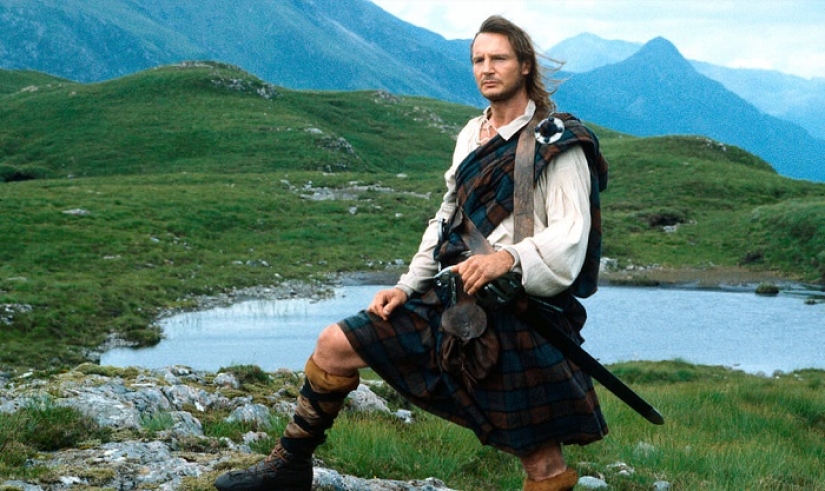
The Scottish kilt is made of a special fabric - tartan, woven from natural wool. In our usual understanding, the kilt looks almost no different from a pleated skirt, but in the Middle Ages its length could reach seven meters. If necessary, they could be wrapped around the whole body to protect themselves from the cold.
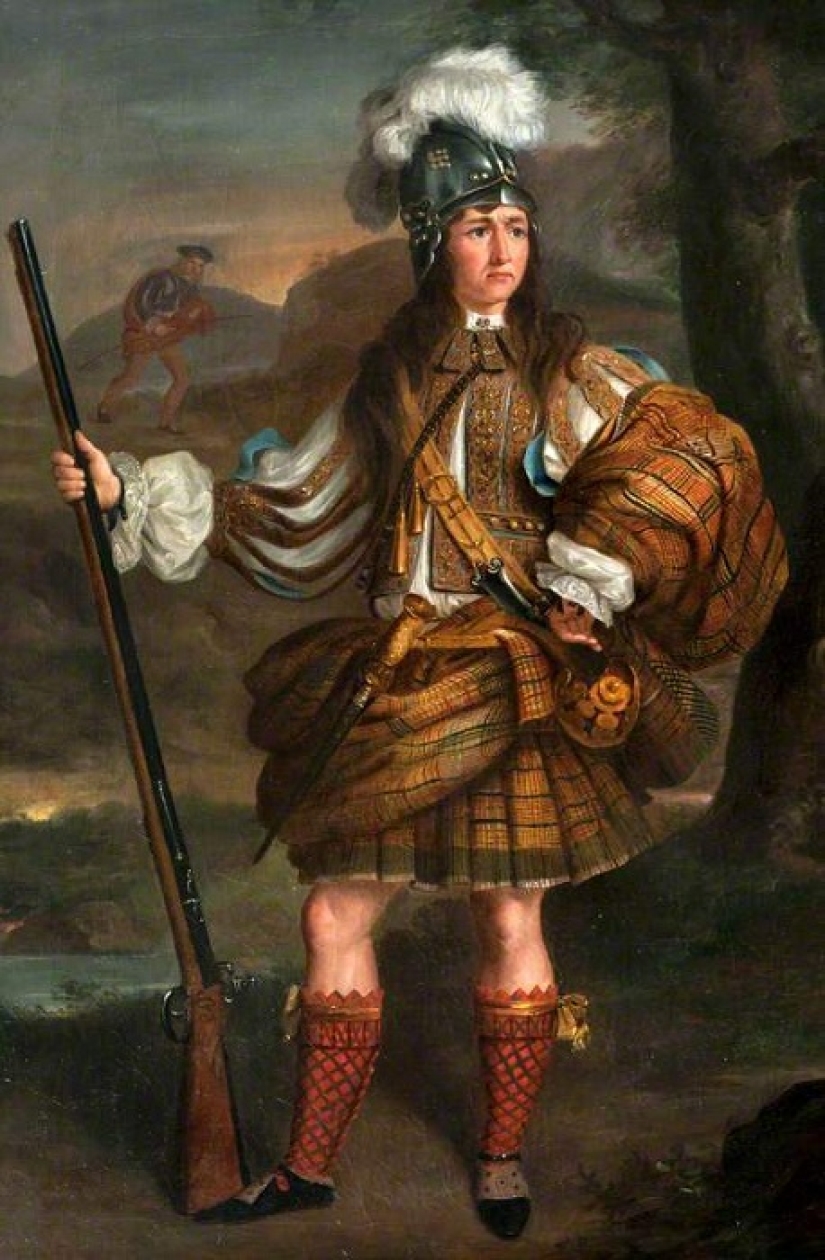
The word "tartan" itself is of Celtic origin and translates as "the color of the area". Initially, tartans (ornaments, not fabric) belonged to eleven Scottish clans inhabiting various regions of the country, and were created in strict accordance with the laws of heraldry. Therefore, by the color of the pattern, it was easy to determine where the person came from.
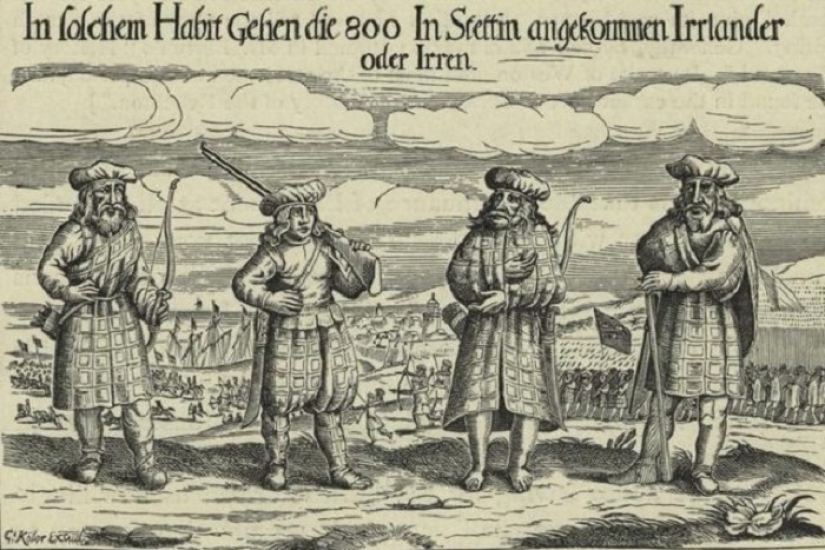
The earliest depiction of Scottish soldiers in kilts, woodcut in 1631.
Until the 19th century, only natural dyes were used to dye tartan threads. Black shade was obtained from alder, yellow from birch, heather gave the threads an orange color, blueberries - purple, blackberries - blue. Red tartan was considered a sign of prosperity, since it is quite problematic to get red with the help of natural dyes.
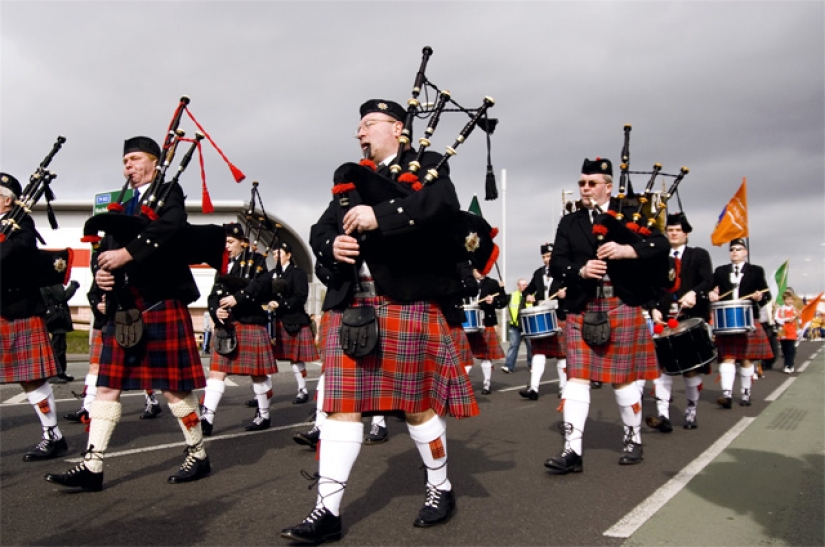
In the middle of the XVIII century, when the English suppressed the Jacobite uprising, they forbade the Scots to wear kilts. Some obeyed the order, but the Scots, who lived high in the mountains, did not take off their kilts even on pain of death.
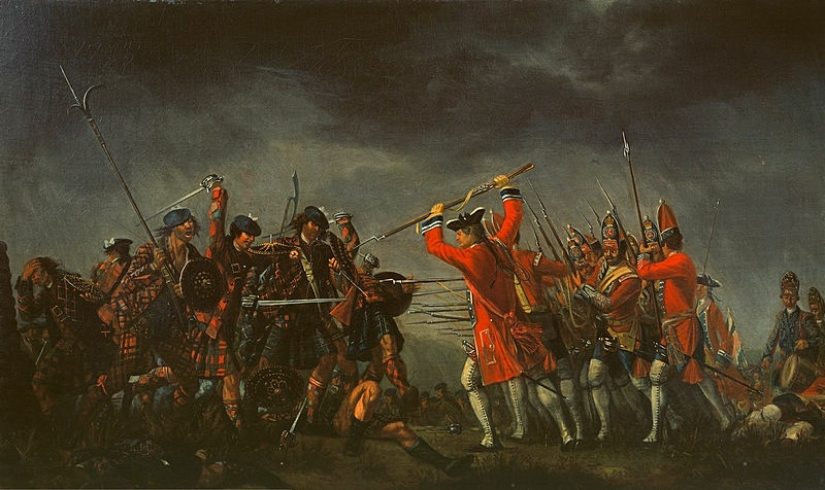
The painting "The Battle of Culloden". As a result of this battle, the rebellion raised by the Scots to return the Stuart family to the British throne was finally suppressed.
The only ones allowed to wear kilts were members of the special Royal regiments patrolling the mountains of Scotland. They wore the Black Watch tartan ("Black Watch") — one of the most recognizable patterns, which became the first military tartan.
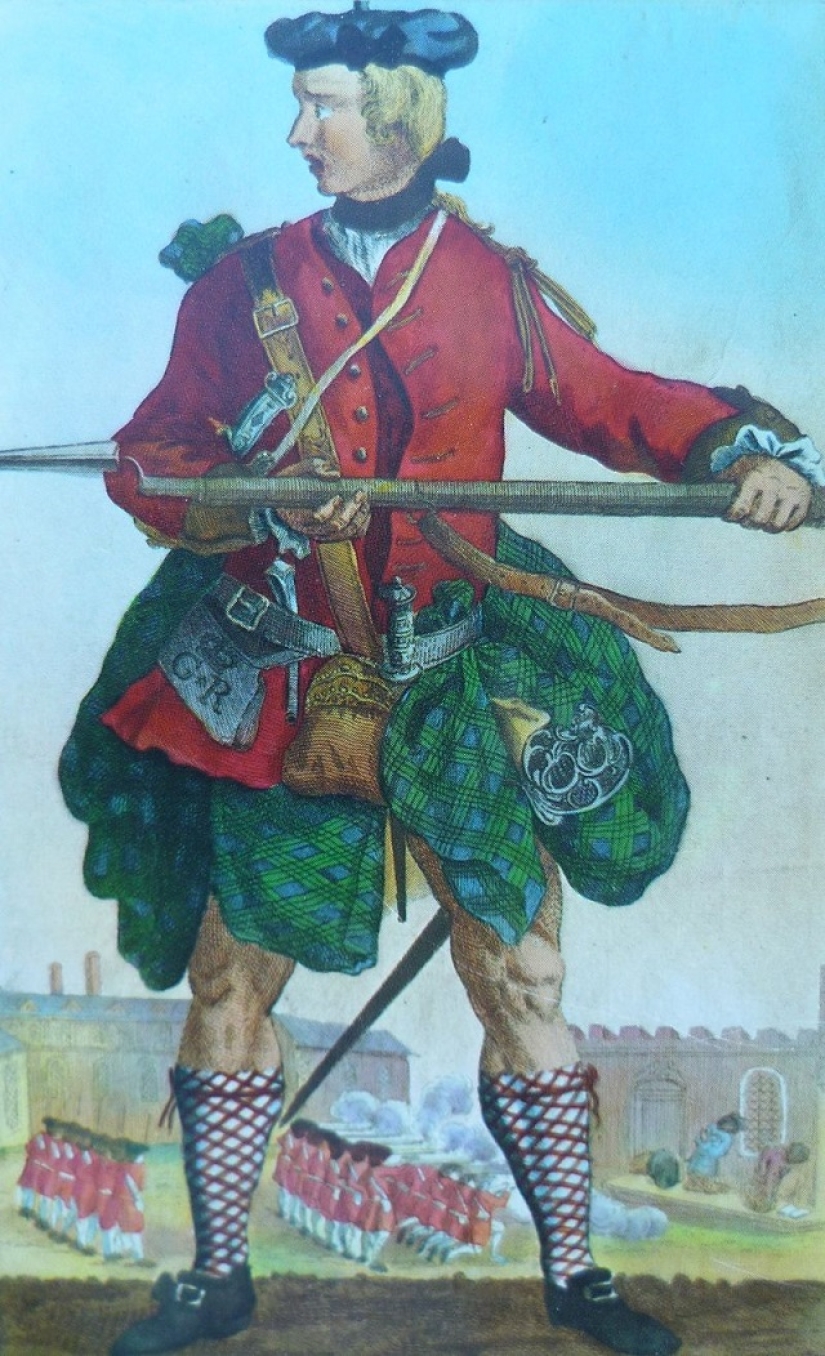
After the ban was lifted, it turned out that many traditional colors of tartan were forgotten. Then a large-scale campaign to revive the national heritage began. Tartans were restored from paintings and old books of tailors.
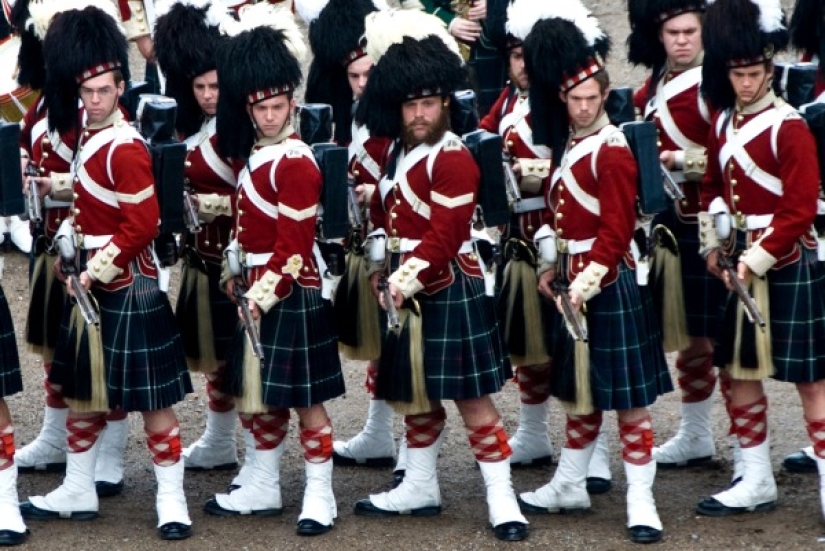
In 1822 , King George IV came to Edinburgh and proclaimed: "Let everyone wear their own tartan." With this, the variety of tartans began to grow exponentially. To date, there are more than four thousand varieties. The most popular ones are:
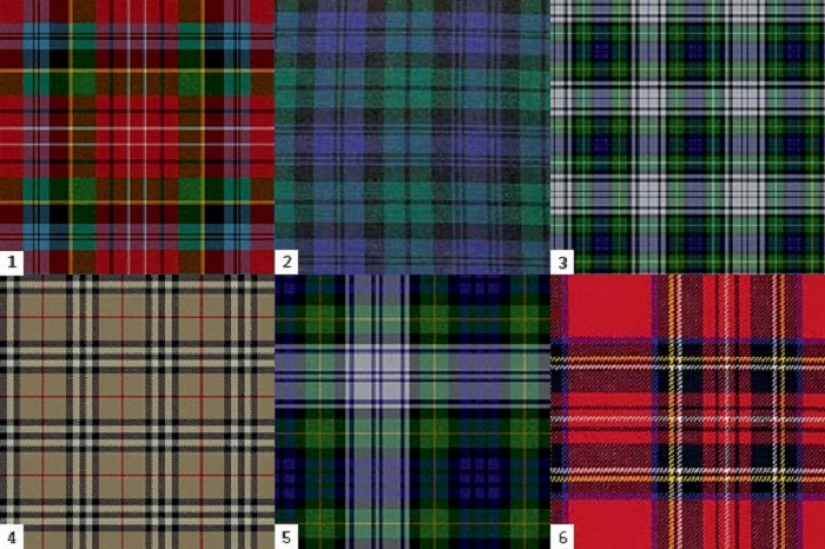
1. Caledonia is a universal tartan that every Scot can wear.
2. Black Watch.
3. Dress Campbell - the ceremonial tartan of the Campbell clan.
4. Burberry is a tartan worn by the generals of the British army during the Anglo-Boer War.
5. Dress Gordon - an elegant version of the tartan of the Gordon clan.
6. Royal Stewart is the world's most famous tartan belonging to the royal Stuart dynasty.
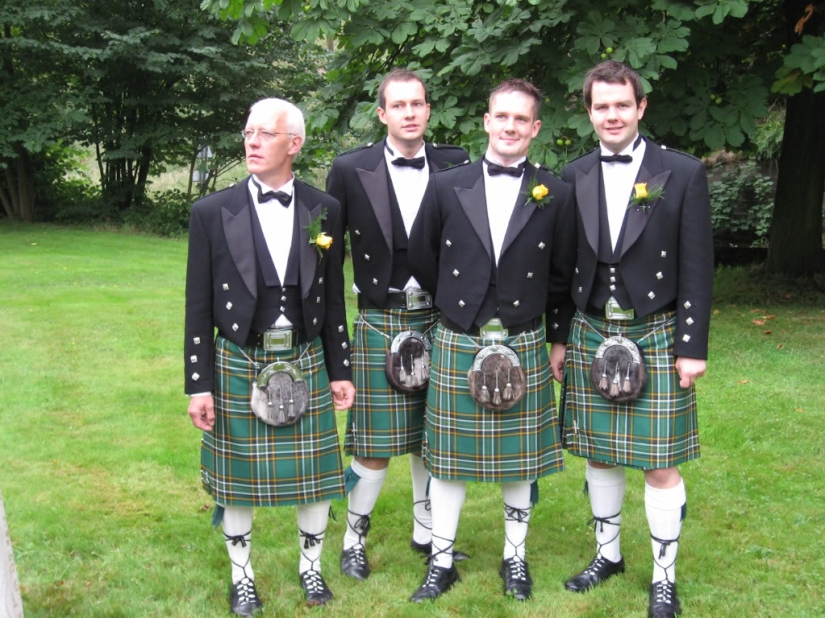
In addition to clan colors, there are also many, so to speak, highly specialized tartans. Many public organizations and government agencies, including the Royal Bank of Scotland, have their own branded drawings on fabrics. There are mourning tartans, hunting tartans, festive tartans…
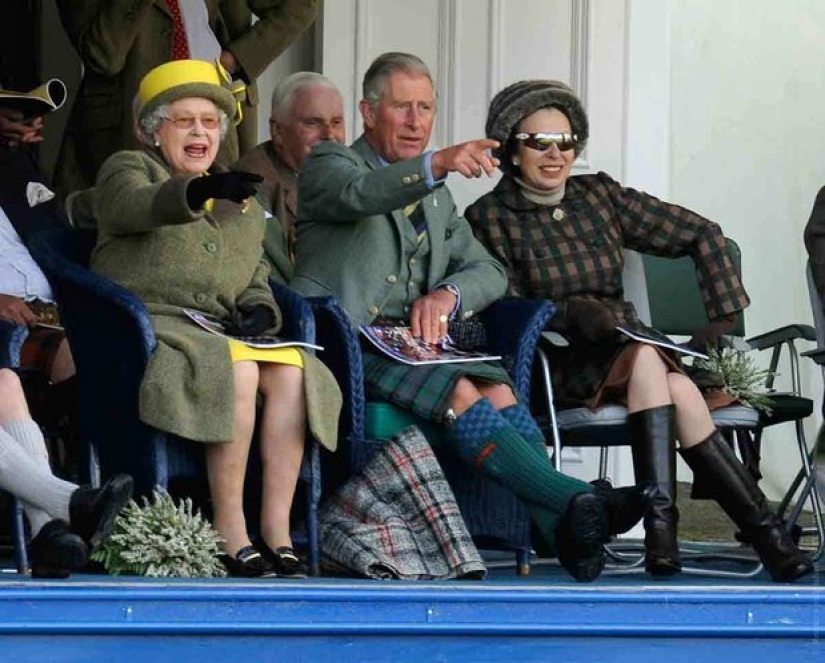
The Scottish Tartans Society, established in 1963, assigns a unique code to all registered patterns — according to the number of threads of each color.
There is also a "Russian" tartan. It is made up of Barclay and Lermontov tartans, named respectively after the commander Mikhail Barclay de Tolly and the poet Mikhail Lermontov, who had Scottish roots.
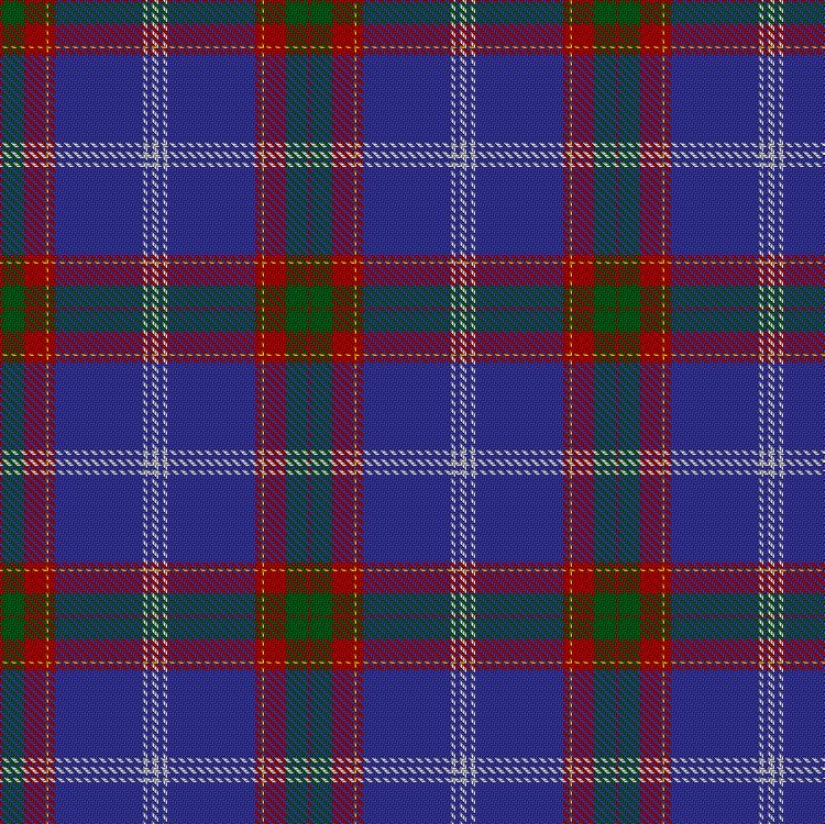
Keywords: United Kingdom | Kilt | Clothing | Colors | Scotland
Post News ArticleRecent articles

It's high time to admit that this whole hipster idea has gone too far. The concept has become so popular that even restaurants have ...

There is a perception that people only use 10% of their brain potential. But the heroes of our review, apparently, found a way to ...
Related articles

"Project a "Coincidence" is" is a series of photographs taken by Dennis Ceremon. British photographer challenges us — we and the ...

Usually the kilt is used by the Scots as an outfit for a special occasion, and more often you can see men in kilts somewhere at a ...

The culture of wearing shorts out for a couple of centuries back in history. Previously, they were only boys, and they could not ...

New Year's is a time to surprise and delight loved ones not only with gifts but also with a unique presentation of the holiday ...